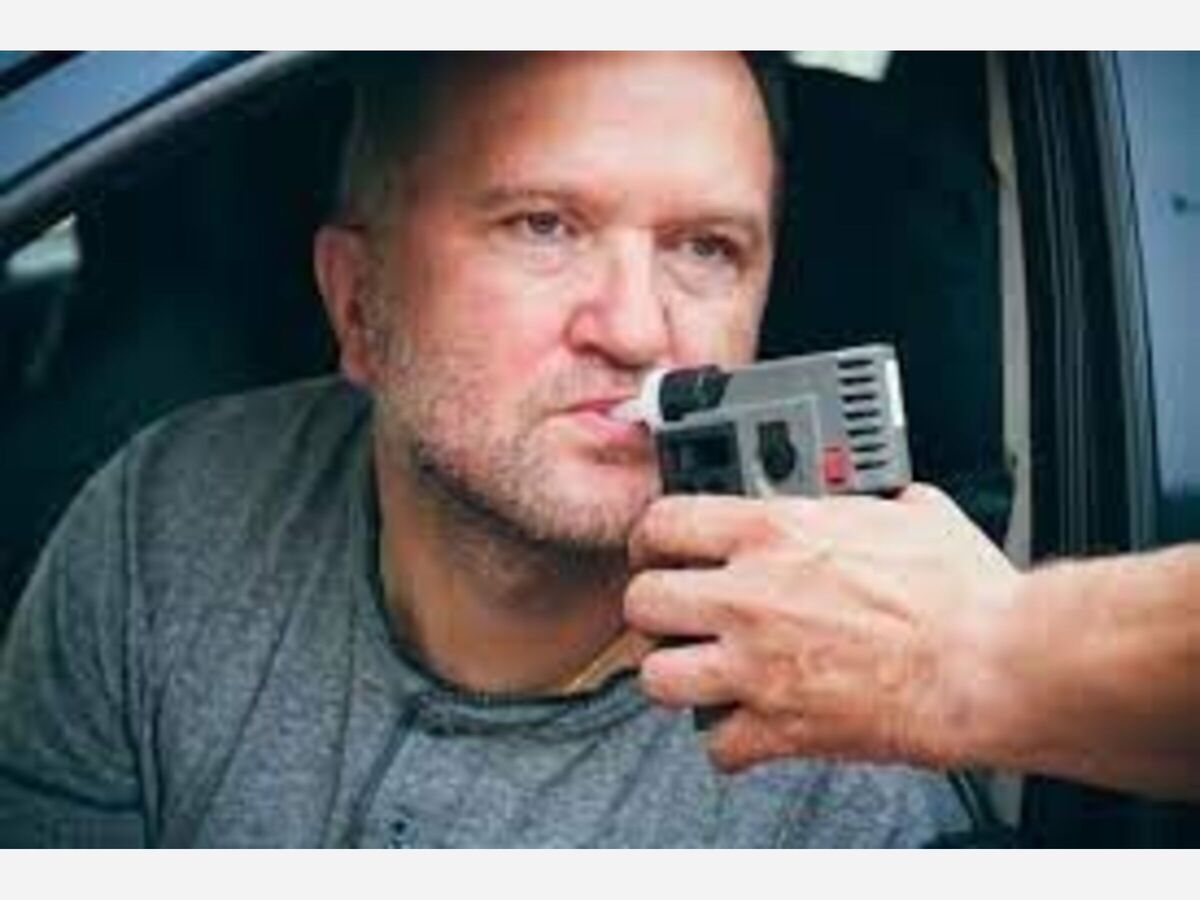Image

by Research Society on Alcohol
Adults who attended a four-day music festival subsequently exhibited diminished attentional performance that could have impaired their driving even after they were no longer intoxicated, an innovative study suggests. Alcohol is known to affect drivers’ attention and responses, both during acute intoxication and residually (while hungover). Little is known about which elements of cognition are affected by residual alcohol impairment, how vulnerable we might be to those effects, or how they interact with fatigue, another common source of driving impairment. This raises concerns about, for example, the ability of festival goers to drive home safely, even without traceable alcohol in their blood or breath. Assessing cognitive and driving performance in real-world circumstances calls for creative experimentation. For the study in Alcoholism: Clinical & Experimental Research, Australian investigators compared young adults’ performance on attention tasks in a controlled setting involving alcohol with their scores on the same tasks following a multi-day music festival.
The investigators worked with 52 adults (age 18–34), including people prone to binge drinking and at risk for alcohol-related harms. In a laboratory setting, without fatigue, participants consumed alcohol and undertook tasks measuring their selective and sustained attention, two cognitive domains relevant to driving. Initially they were tested while sober (for baseline scores), then after drinking alcohol, at several levels of breath alcohol concentration (BrAC). Subsequently, 13 of the participants who had just attended a four-day music festival, and had a BrAC of zero, repeated the attention tasks. The researchers used statistical analysis to compare participants’ performances during the laboratory and festival stages, and to explore associations with their levels of intoxication, self-reported sleepiness, hangover severity, and hours slept.
The festival goers reported consuming an average of 23.5 drinks over the 72-hour event plus 11 drinks in the 24 hours before the assessment, far exceeding health recommendations. In addition, they reported less sleep, more severe hangovers, and feeling sleepier, compared to the laboratory phase. In the controlled setting, participants’ attention tasks were not markedly influenced by alcohol intoxication (with one exception). After the festival, however, participants performed the selective attention task faster and with more incorrect responses — perhaps trading accuracy for speed — compared to their baseline and lower BrAC scores in the laboratory. The number of errors suggested that aspects of their attentional performance might have been impaired to levels akin to acute intoxication. On sustained attention, they performed better after the festival than in the laboratory — an unexpected finding that may suggest participants were briefly able to compensate for the effects of recent drinking and fatigue. Such compensatory cognitive responses taper over time and may not endure through the drive home.
The findings are preliminary yet point to multi-day real-world drinking having residual adverse effects on attention, with concerning implications for driving. The absence of blood alcohol may not indicate unimpaired cognitive performance. The study is an important step in comparing cognition in laboratory and field settings. The researchers indicated opportunities for finessing the methodology and working with a larger sample.